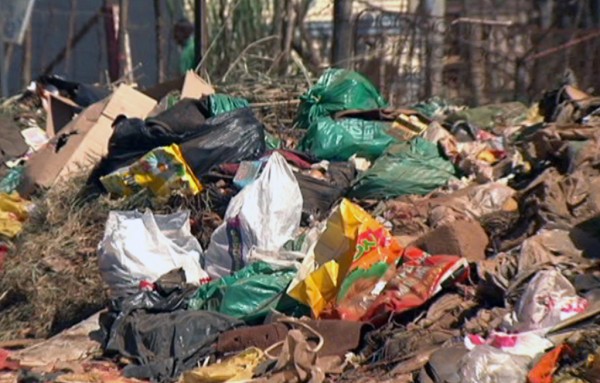COVID-19 Update
Essential Services – Coronavirus COVID-19
All businesses that will be allowed to provide essential services are required to seek approval from the Department of Trade, Industry and Competition (the dti) in order for them to trade during the period of the lockdown. The registration portal is only for registered companies operating in South Africa. Healthcare professionals registered with the Health Professions Council of South Africa, sole proprietors who provide essential goods and services (like spaza shops), and small-scale farmers will not have to register through the Bizportal.
Such businesses are required to apply to the Companies and Intellectual Property Commission (CIPC) Bizportal website at www.bizportal.gov.za and obtain a certificate from the Commission that allows them to continue trading. The Bizportal website will contain a menu icon listed as “Essential Service Businesses” through which an application can be made to the CIPC.
The application will be a simple declaration requiring minimal registration details, type of business/trade involved in, what trading name if any is used and whether it meets the requirements contained in the essential services list, the contact details of the person applying as well as the number of employees that will be working during the lockdown period.
The CIPC registry will then pre-populate the remaining company information and email a certificate stating that the business is allowed to remain trading.
The certificate can then be used as evidence to authorities requiring the same that indeed the business has been given government permission to trade and that its employees are able to have unrestricted movement ONLY in the course of that trade.
Categories of essential services shall be confined to the following services:
1. Medical, Health (including Mental Health), Laboratory and Medical services;
2. Disaster Management, Fire Prevention, Fire Fighting and Emergency services;
3. Financial services necessary to maintain the functioning of the banking and payments environment, including the JSE and similar exchanges, as well as Insurance services;
4. Production and sale of the goods listed in category A, above;
5. Grocery stores, including spaza shops;
6. Electricity, water, gas and fuel production, supply and maintenance;
7. Critical jobs for essential government services as determined by Head of National or Provincial Departments in accordance with the guidance by the DPSA, including Social Grant Payments;
8. Birth and death certificates, and replacement identification documents;
9. Essential municipal services;
10. Care services and social relief of distress provided to older persons, the mentally ill, persons with disabilities, the sick, and children;
11. Funeral services, including mortuaries;
12. Wildlife Management, Anti-poaching, Animal Care and Veterinary services;
13. Newspaper, broadcasting and telecommunication infrastructure and services;
14. Production and sale of any chemicals, hygiene products, pharmaceuticals for the medical or retail sector;
15. Cleaning, sanitation, sewerage, waste and refuse removal services;
16. Services related to the essential functioning of courts, judicial officers, the Master of the High Court, Sheriffs and legal practitioners required for those services;
17. Essential SARS services defined by the Commissioner of SARS;
18. Police, peace officers, traffic officers, military medical personnel and soldiers, correctional services officials and traffic management services;
19. Postal services and courier services related to transporting of medical products;
20. Private security services;
21. Air-traffic Navigation, Civil Aviation Authority, Cargo Shipping, and dockyard services;
22. Gold, gold refinery, coal, and essential mining;
23. Accommodation used for persons rendering essential services, quarantine, isolation and the lockdown;
24. Production, manufacturing, supply, logistics, transport, delivery, critical maintenance and repair in relation to the rendering of essential services including components and equipment;
25. Transport services for persons rendering essential services and goods, and transportation of patients;
26. Services rendered by the Executive, members of Parliament, Members of the Provincial Legislature, Members of Local Councils, the Judiciary, traditional leaders and National Office Bearers. of Political Parties represented in Parliament;
27. Commissioners of the South African Human Rights Commission, Gender Commission, and the Commission for the Promotion and Protection of the Rights of Cultural, Religious and Linguistic Communities, and the Public Protector and Deputy Public Protector; and
28. Transport and logistics in respect of essential goods as set out in A above to neighboring countries.
Updated by Trade and Industry on 27 March (https://www.gov.za/speeches/minister-ebrahim-patel-trading-during-coronavirus-covid-19-lockdown-27-mar-2020-0000)
29. Tow trucks and vehicle recovery services;
30. Call centres necessary to provide health, safety, social support, government and financial services;
31. Harvesting and storage activities essential to prevent the wastage of primary agricultural goods;
32. Implementation of payroll systems to the extent that such an arrangement has not been made for the lockdown, to ensure timeous payments to workers; and
33. Critical maintenance services which cannot be delayed for more than 21 days, and are essential to resume operations after the lockdown.





